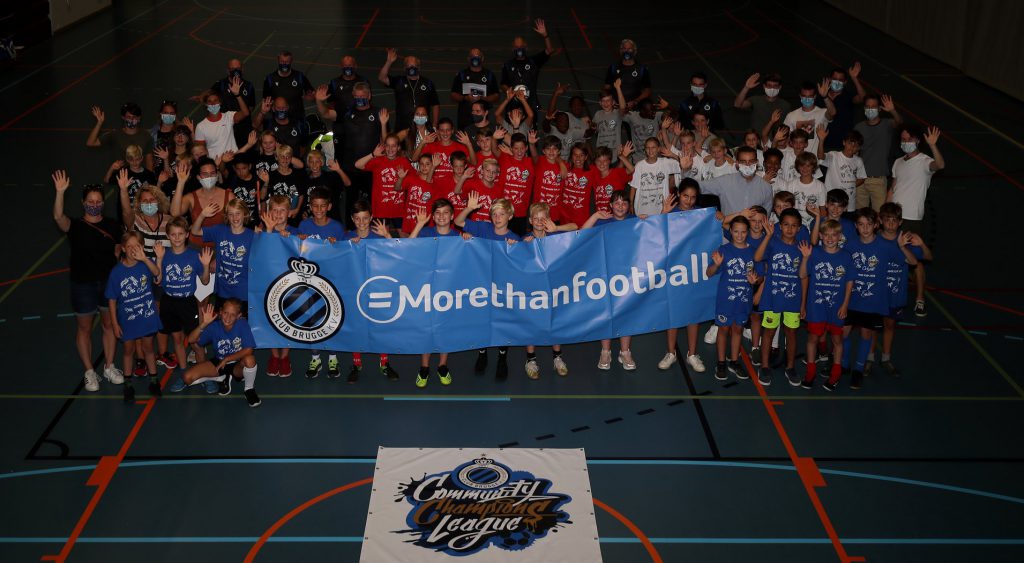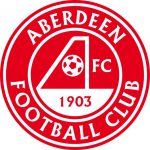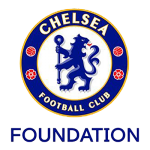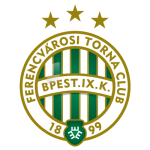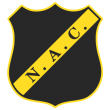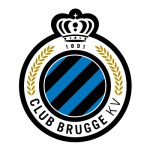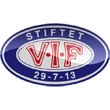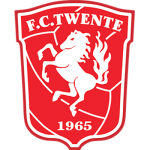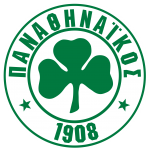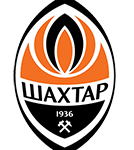Fair play and fair support
The EFDN Community Champions League Programme is not just a football competition. Unlike other football competitions a team’s position in the league is not only determined by their performance on the pitch as two-thirds of the points available are earned by Fair Play and Fair Support points.
The match day Fair Play and Fair Support rules are in effect as soon as the away team arrives at the ‘stadium’. The teams can receive points for shaking hands before the match or lose points for not showing each other enough respect before the game starts. Points can be earned on match days by the player’s punctuality, appearance and respect for their opponents and the venue. Points can be awarded if the home team provides something to drink at half time for the other team, or even the referee. The system is used throughout all activities of the project.
The Fair Play and Fair Support system enables teams to not just win points through their good behaviour or attitude but also to lose points through bad sportsmanship or a lack of respect for opponents. It should be remembered that it is possible to win your match but go home with fewer points than your opponent. Keeping track of Fair Play and Fair Support points should be overseen by a referee or game supervisor.
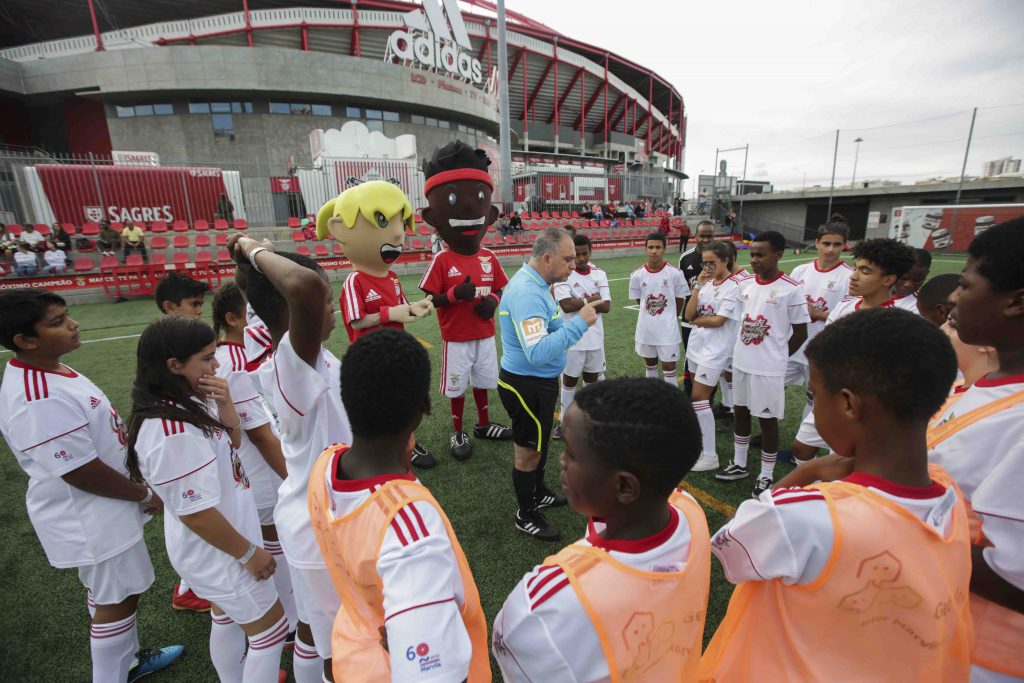
Community Champions League match rules
Good coaches and referees during matches and control of the Fair Play rules are essential for a good and smooth running of the project. Because the Community Champions League has its own rules, all referees must be instructed before the start of the league. The Programme match rules follow the EFDN Community Champions League model, although it is recognised that individual clubs and associations may adapt them slightly to allow for local circumstances. The Community Champions League Competition consists of 10 rounds of matches. Five of the matches take place at the home ‘stadium ‘ and the other five at their opponent’s stadium. All decisions of the match referee are final and binding. Keeping track of the Fair Play points should be done by a game supervisor or referee.
Points scoring and rewards
FOOTBALL
- Win a match: 3 points
- Draw a match: 1 point
- Lose a match: 0 points
PROFESSIONALISM
- Clean venue (home team): 1 point
- All on time: 2 points
- All wearing the Street League kit: 1 point
- Arranged drinks for the opposition at half-time (home team): 1 point
- Being absent with no cancellation: – 10 points
BEHAVIOUR
- Positive attitude during a match: 5 points
- A yellow card: – 1 point
- A red card: – 2 points
SOCIAL
Social Action Project: 5 points maximum per team (points depend on originality, difficulty and impact).
PRESENCE
- Team leaders meeting: 5 points per team leader present
- Workshops: 0 points (agreed during the Seminar) point per player
- Attend Kick off meeting: 1 point per player
- Supporter’s involvement: 10 supporters = 1 point
20 supporters = 2 points
30 supporters = 3 points
Less supporters = 0 points
REWARDS
Each club needs to decide internally what they want to do.
1. Squads
Each team will have a squad of 10 players, all of whom must be in the relevant age and gender groups. Teams are generally 5-a-side although this can be up to 7-a-side depending on the size of the playing area. Each European partner will work with one of the following age and gender groupings:
Mixed Teams (5 boys and 5 girls): Aged 10 – 11
Boys Only Team: Aged 12 -15 Girls Only Team: Aged: 12 – 15
If possible, the teams should be provided with matching football kits. This will raise the profile of the programme and ensure the participants feel they are representing their neighbourhood. The participants will receive their kits in loan. They will need to earn a specific number of Fair Play points to win the uniform at the end of the project. The organisation can also choose to reclaim the uniforms and use them for a new season. If this is not possible it should be an aspiration to win enough points during the programme to purchase a new football kit in the future.
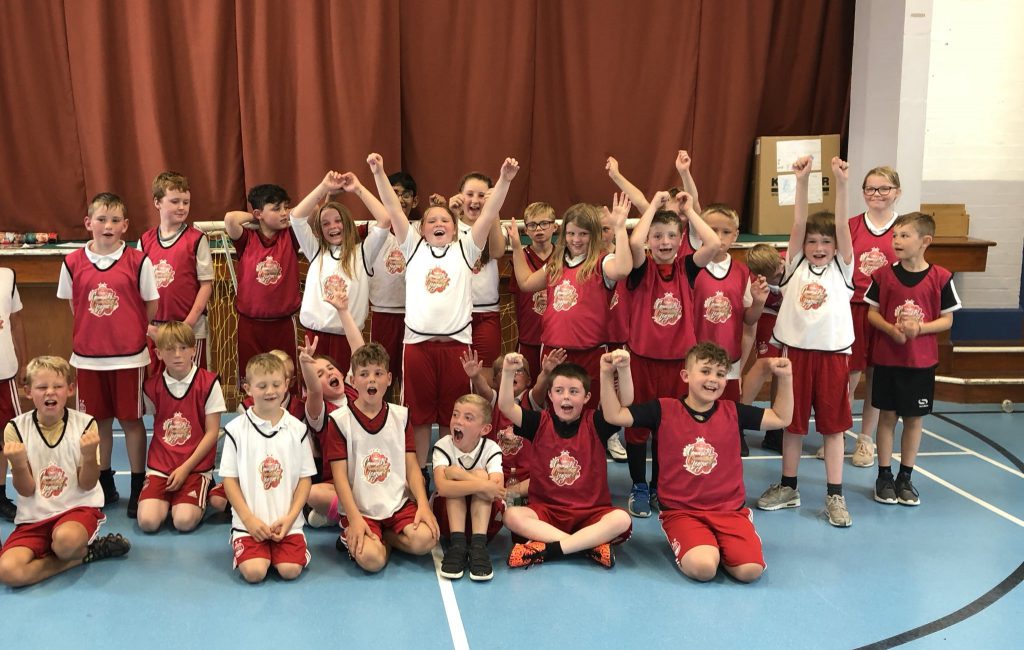
2. Footwear
Any footwear is allowed with the exception of football boots, unless the match is being played on natural grass.
3. Stadium
Teams will choose a stadium within their own neighbourhood that is available and safe. The pitches can be of any surface but should be a minimum size of 19 metres x 10 metres and maximum size of 42 metres x 25 metres. The pitch markings will be decided by the home team coach and explained to the opponents before the match has started. For example, some teams may want to mark the perimeter lines of a pitch with cones rather than use hard boards which might surround the playing surface. Although the size of the goals may vary at each stadium they should be between 2 meters and 3 meters in length.
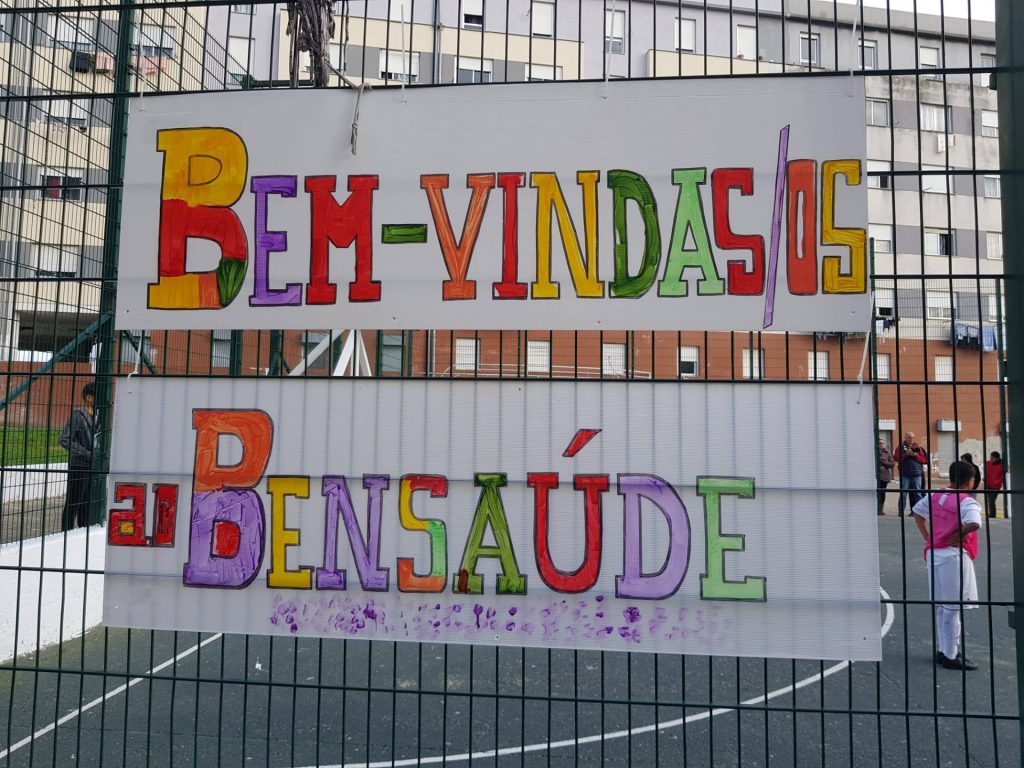
4. Match length
Games consist of two halves of 25 minutes with a 5 minute half time. No extra time will be added to the regular time. The away team kicks off the first half. The home team kicks off the second half.
5. Goalkeepers
The goalkeeper may play in any area of the field but can only use his hands in the goal area (ideally 3 metres). The goalkeeper cannot pick up a ball with his hands if it is played back by feet or legs. The goalkeeper may pick up the ball if played back with the head or chest. When the ball is brought back into play by the goalkeeper it cannot be kicked from the hand and the nearest opponent must be at least 3 metres away until it has been played. If the opponent gains possession from the goalkeepers pass the ball must be touched by another player before the team can score.
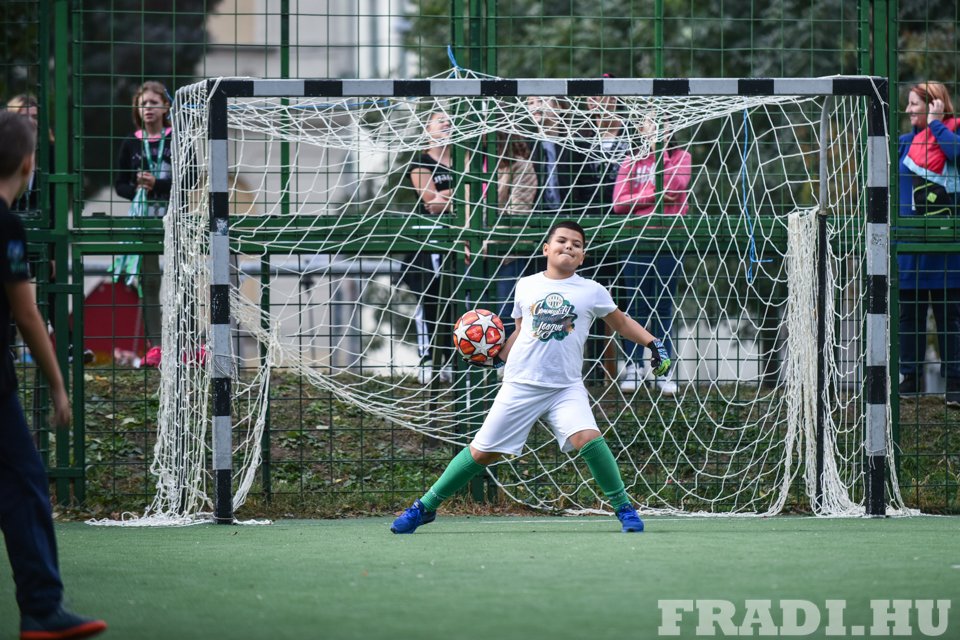
6. Kick-in
If the ball is kicked out of play during the game, the game will recommence with a kick-in with opponents at least 2 meters away. If there is a fence/wall around the playing area the game continues even if it hits the fence/wall.
7. Corners
To prevent any rough play, there are no corners in Community Champions League. When the ball goes out over the goal line three times for what would have been a corner the attacking team is awarded a penalty.
8. Restart
A goal is scored when the whole ball has crossed the goal line. After each goal the game recommences with a kick-off taken by the team who has just conceded from the centre circle with both teams in their own half. You can score from all locations in the field, but not directly from a kick off, kick in or free kick. If a goal is scored from a kick off, kick in or free kick it is disallowed and the game recommences with a goal kick.
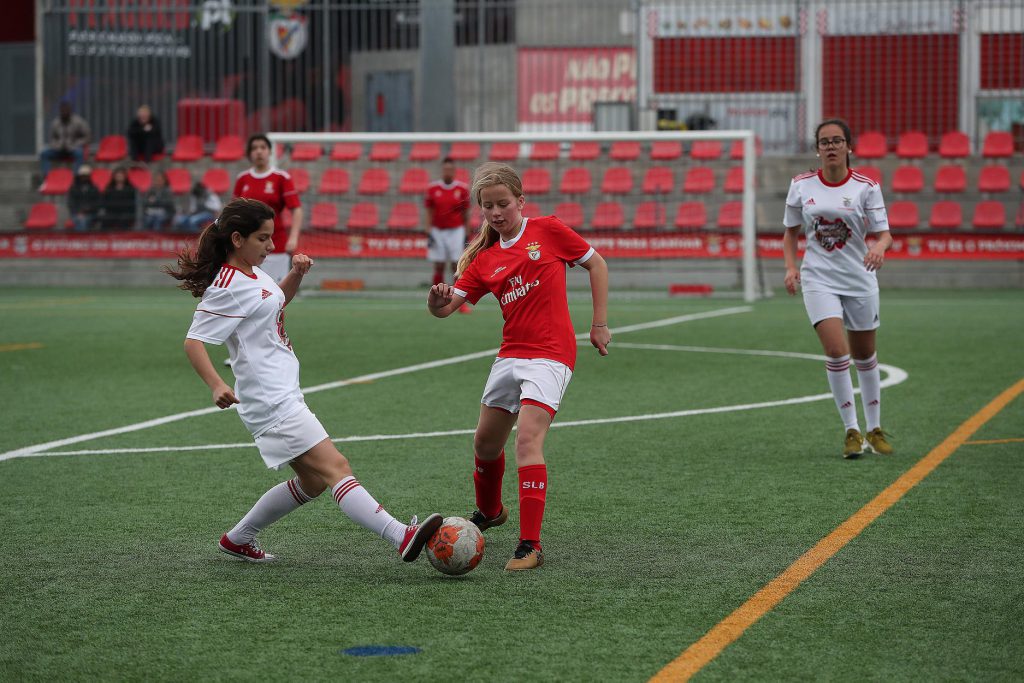
9. Violations
Game violations, as well as foul language, will be penalized with a free kick and possibly a yellow card. A yellow card results in a points deduction (-2) and a time penalty of 3 mins for the offending player. If a player receives a 2nd yellow card during the match, they automatically receive a red card. A player who receives a red card will be permanently barred for the game and it is not allowed to replace the player. The player is also suspended for at least one match. Red Cards directly result in a penalty for the opposing team.
During the penalty the player must leave the field and may not be replaced. This also applies to the goal keeper. You cannot score directly from a free kick unless it is a penalty. For any free kick opposition players must be at least four meters from the ball or stand on the goal line if the ball is less than 4 meters from the goal.
In the case of extremely rough play, bad language or violent conduct, the referee can give a direct red card. A red card results in a points deduction (- 5) and a one match suspension for the offending player. The player leaves the field directly and is not replaced.
10. Sliding tackles
Sliding tackles are not allowed and are penalised by a free kick. A violation within five metres of the goal results in a penalty. Penalties are taken 7 meters from the centre of the goal line. Since sliding is prohibited, it is punishable with a yellow card and two minutes time penalty.
11. Substitutions
Players may be changed at any time during a break in the game. There is no limit to the number of substitutions and players who have been substituted may return to the field of play. A substitute must not enter the pitch until the player coming off has left the pitch. The goalkeeper may only be changed due to an injury, yellow or red card. The new player waits until the other player has left the team. All substitutions are in the middle of the field.
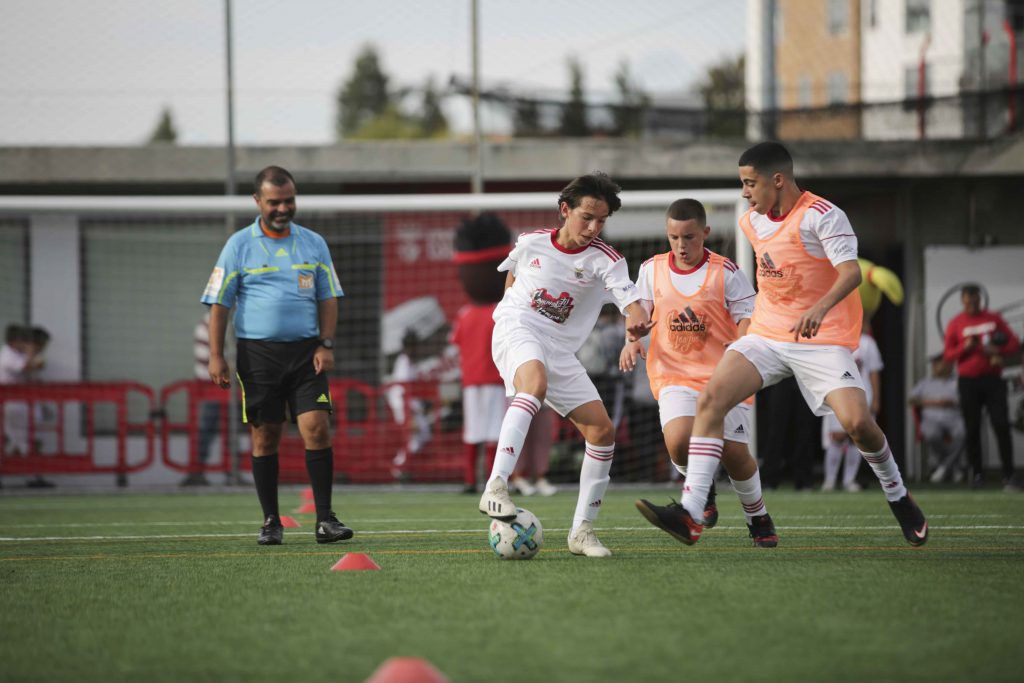
12. Team absence
If a team is absent from a game, they will lose by a score of 10-0. A team is declared absent if at the scheduled kick off time they have less than 5 players present and ready to play.
13. Cancellations
Games can only be cancelled due to exceptionally bad weather. The away team should be informed immediately once a decision has been made that the game should be cancelled.
14. Materials
For the matches different attributes are required, such as balls, referee whistles and yellow and red cards, contest forms and a lists of participants.
- Balls – The ball used in the Community Champions League are futsal or street football balls
- Referee whistles and cards
- Match forms
- Participants list – The participants list consist of the names and photos of all the players that are allowed to play the match. The organisation can hand out player cards at the beginning of the league that the players can use to identify themselves as an official player.
